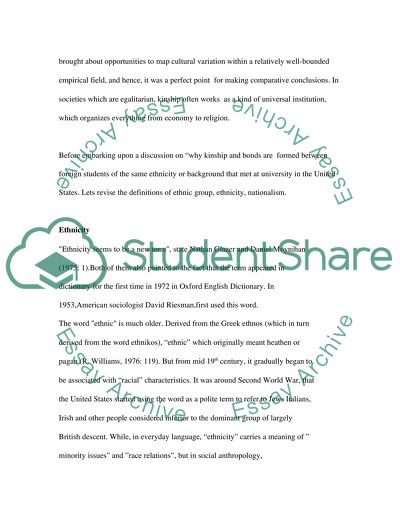Cite this document
(“Anthropology kinship Essay Example | Topics and Well Written Essays - 2000 words”, n.d.)
Retrieved from https://studentshare.org/human-resources/1505093-anthropology-kinship
Retrieved from https://studentshare.org/human-resources/1505093-anthropology-kinship
(Anthropology Kinship Essay Example | Topics and Well Written Essays - 2000 Words)
https://studentshare.org/human-resources/1505093-anthropology-kinship.
https://studentshare.org/human-resources/1505093-anthropology-kinship.
“Anthropology Kinship Essay Example | Topics and Well Written Essays - 2000 Words”, n.d. https://studentshare.org/human-resources/1505093-anthropology-kinship.


